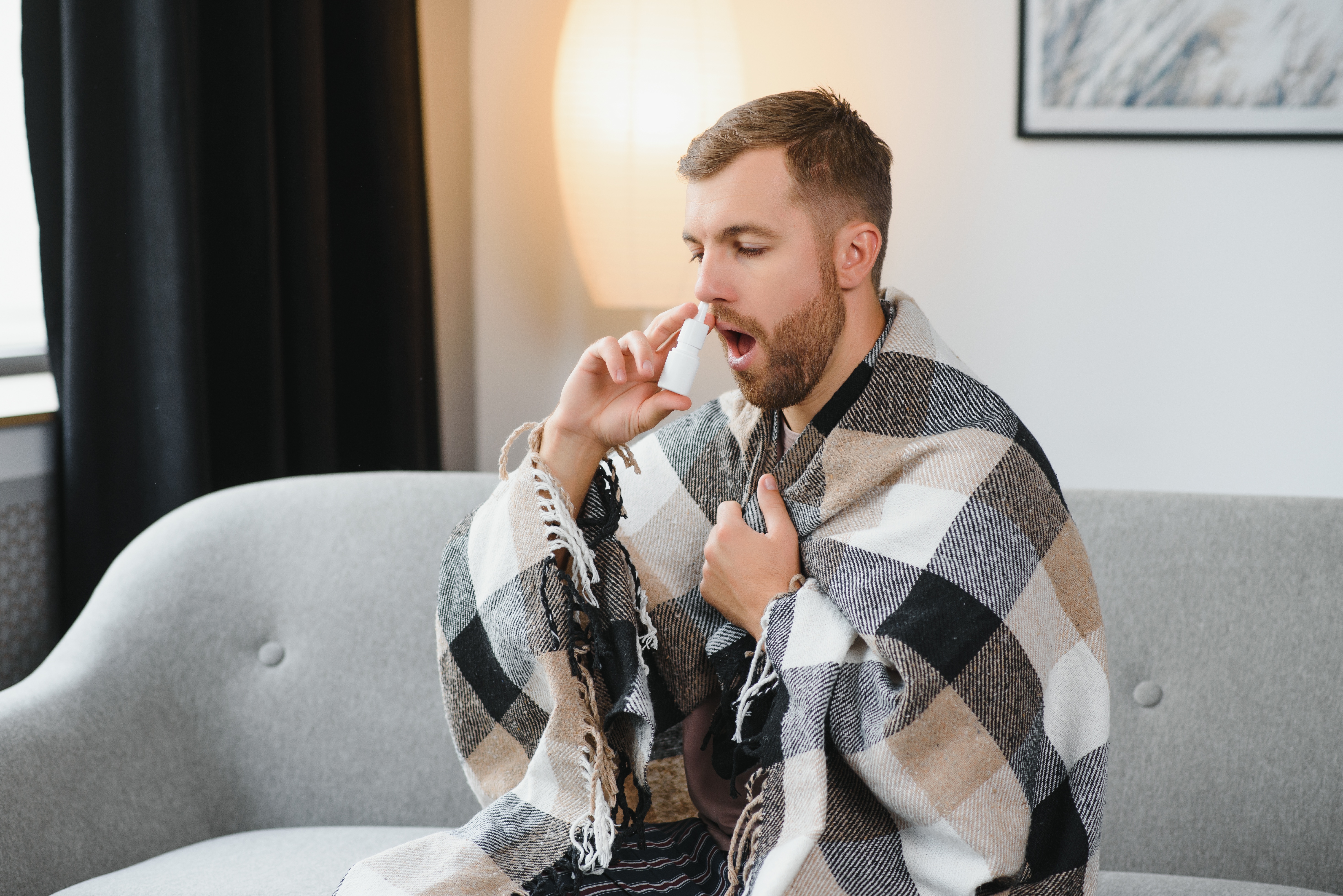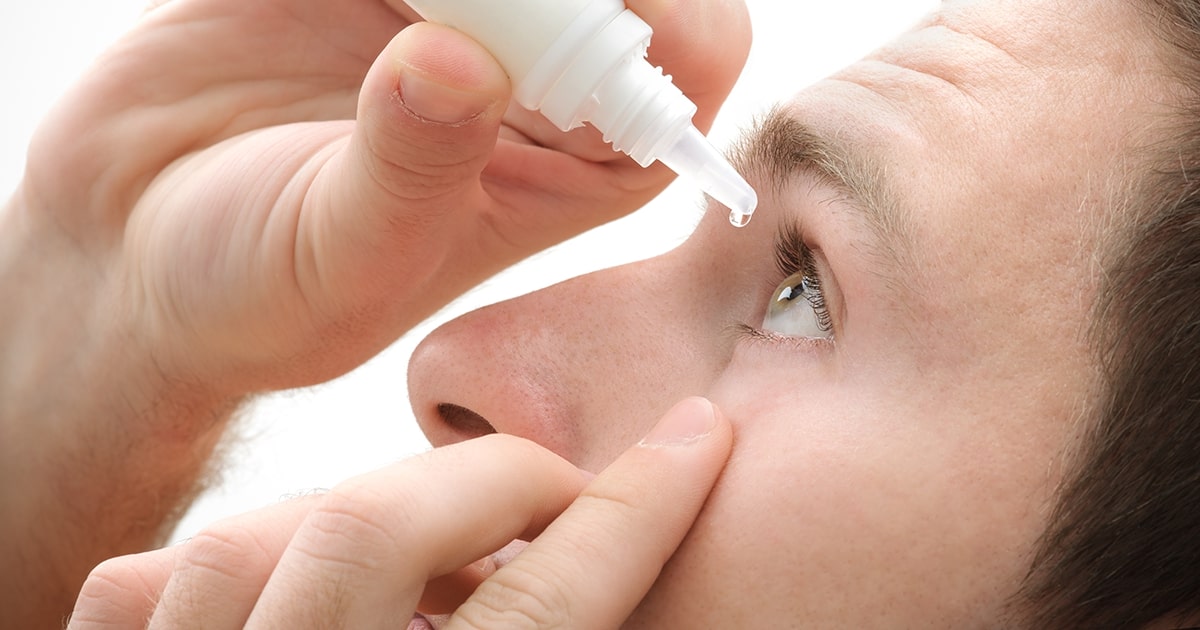Causes, Symptoms, And Treatments Of Eye Allergies
7. Decongestants

Decongestants target reducing the redness in the eyes after an allergic reaction and act by constricting blood vessels in the eyes. They do not, however, aid in alleviating itching or any other eye allergy symptoms other than redness. Most of the time, physicians will recommend coupling decongestants with an antihistamine to relieve itchiness as well. They are typically available over-the-counter in the form of drops or sprays, as well as pills. They are preferred for short term use, as prolonged use of these medications may cause re-occurrence of eye redness that may persist even after discontinuation. Doctors recommend the use of decongestants for no more than two to three days. Learn more about treating eye allergies now.
8. Medicated Eye Drops

Since eye allergies are a common occurrence, there is a wide range of brands for the non-prescription eye drops. Usually, most are for mild treatments formulated to treat eye redness, itchiness, and watery eyes triggered by allergic reactions. They are easily accessible and less expensive compared to prescription eye drops. Most over-the-counter brands are suitable, though patients who are unsure about what to choose can ask for assistance from a pharmacist. Those who are dealing with severe symptoms may wish to consult a doctor and obtain a prescription-strength version of medicated eye drops. Continue reading to uncover additional options for managing the symptoms of eye allergies now.
